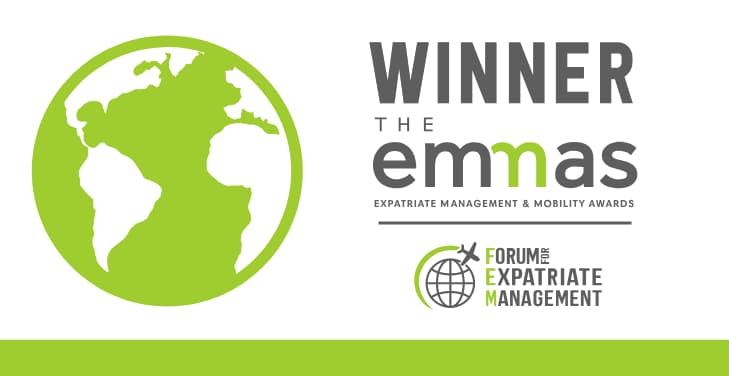When Will US Expats Receive Their Coronavirus Stimulus Checks?
04/13/2020

The Coronavirus Aid, Relief and Economic Security (CARES) Act that became law on March 27th 2020 provides a one off stimulus payment for Americans, including expats, who meet certain conditions.
The purpose of the payment is to help alleviate the financial hit most Americans are realizing due to the Coronavirus outbreak. The CARES Act contains measures to help businesses as well.
The CARES Act provides a payment of $1,200 per qualifying adult (so $2,400 for married couples filing jointly), plus an additional $500 per qualifying dependent child under the age of 17. So a family of four will receive a $3,400 check which is considered non-taxable income (by the IRS – it may be considered taxable by other countries).
There are three conditions expats must meet to qualify:
– They must have a US social security number. Their spouse and children must have SSNs too, to qualify for the additional amounts. ITIN numbers alone will not suffice.
– Their adjusted gross income as reported on their most recently filed Form 1040 (i.e. either for 2018 or 2019) must be under $99,000 (or $198,000 for married couples). The full $1,200 will be paid to those expats whose adjusted gross income was $75,000 or less ($150,000 or less for couples filing jointly), after which the amount paid starts to slowly phase out.
– They must be up to date with their US tax filing.
“Much-awaited stimulus cash will begin flooding into millions of bank accounts next week in the first wave of payouts to shore up the nation’s wallets.” – USA Today
How will the stimulus checks be paid?
The stimulus checks will be paid by direct deposit into the US bank account that was included on Americans’ most recent tax return.
For those who haven’t provide bank details on their most recently filed tax return, the IRS is setting up an online portal in which they can provide them. For anyone who doesn’t provide their bank details in the online portal, a check will be mailed to the contact address they provided on their last tax return.
When will the stimulus checks be paid?
Based on currently available information, the first group of around 50-60 million Americans who have provided their US bank account information on their most recent tax return will start receiving their payments this week, possibly as soon as April 16th.
The second group of people to receive payments will be those who receive social security payments but who don’t have enough income to have to file a US tax return. This group will start to receive payments next week, from April 20th.
It remains unclear how long it will take to process each group’s payments.
Within 15 days after a payment is made, the IRS will be mailing a letter to confirm that the payment has gone out and with details of what to do if it hasn’t been received.
Expats who haven’t provided the IRS with US bank account details will have to wait a bit longer for their payments. The IRS is launching an online tool this week to let them enter their bank details..
What has been confirmed in the law is that all payments must be made by December 31st 2020.
What should expats do now?
The two most important things expats can do now to make sure that they receive a stimulus check are ensure that they are up to date with their US tax filing, and provide US bank account details to the IRS.
For expats who don’t have a US bank account and may struggle to open one if they don’t have a US address, Bright!Tax tax clients can apply to open a United Nations Federal Credit Union (UNFCU) account using a foreign address.
Expats who haven’t filed either 2018 or 2019 US taxes should take steps to catch up immediately to ensure they qualify to receive the stimulus payment, which for many expats (e.g. families) is worth much more than the cost of compliance.
Most expats won’t end up paying any US taxes, so long as they claim measures such as the Foreign Tax Credit or the Foreign Earned Income Exclusion when they file. Furthermore, an IRS amnesty program called the Streamlined Procedure allows expats who have missed multiple years to catch up without facing penalties and undue scrutiny from the IRS.
We strongly recommend that expats with questions about their US tax situation seek advice from an expat tax specialist as soon as possible to ensure that they are compliant and filing in a way that achieves the best short and long term outcome.
Register now, and your Bright!Tax CPA will be in touch right away to guide you through the next steps.


No comments:
Post a Comment